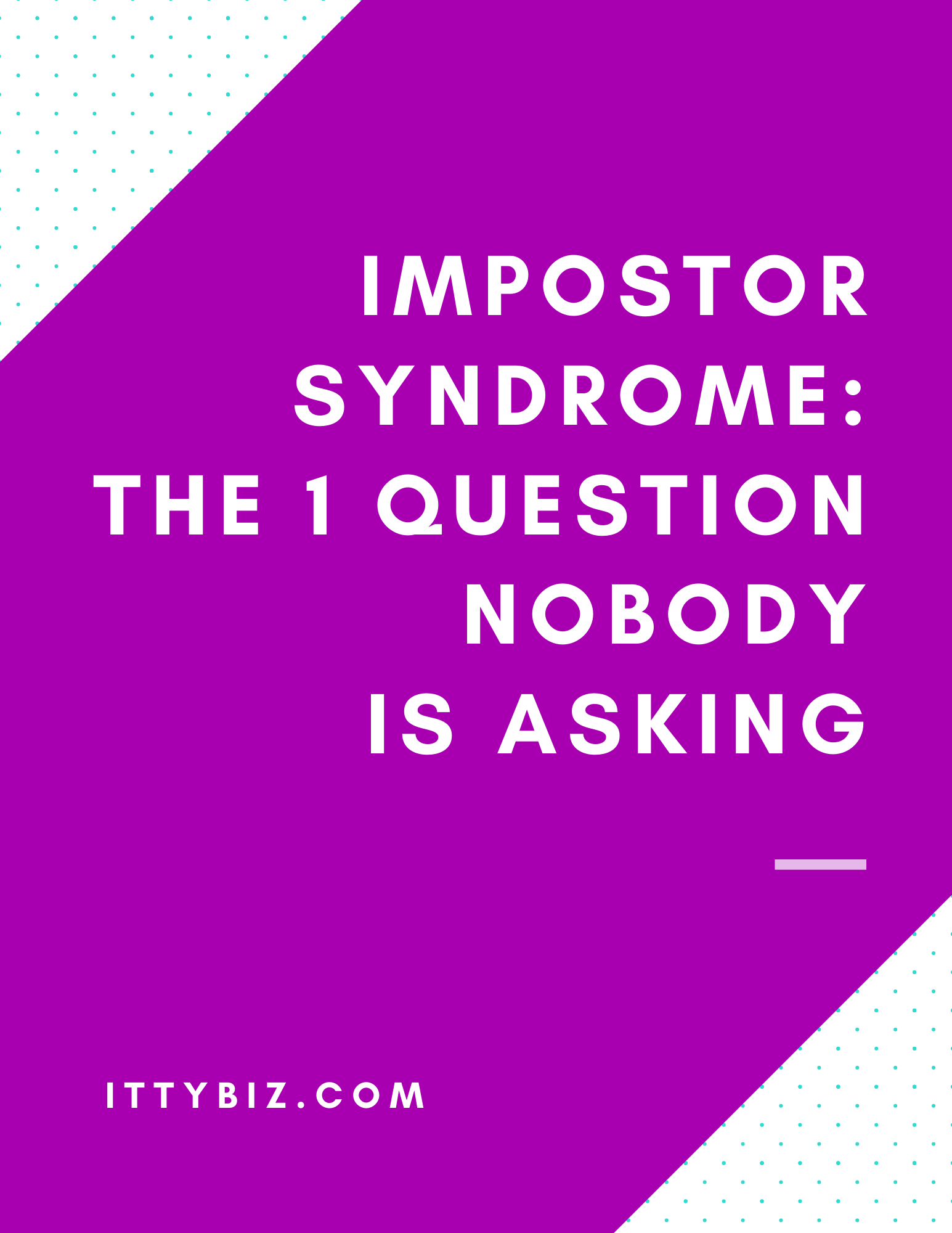Understanding the Cognitive Basis of Procrastination, Emotional Dependency, and Impostor Syndrome
Understanding the Cognitive Basis of Procrastination, Emotional Dependency, and Impostor Syndrome
Blog Article
In today's fast-paced world, people often face internal obstacles that affect their daily lives. Among these, procrastination, emotional dependency, and impostor syndrome stand out as common issues. But how can we overcome them?
This article, we will explore the root causes and strategies to address these three challenges. By understanding their impact and learning to manage them effectively, you can take control of your life.
What is Procrastination?
Procrastination refers to postponing important activities even when you are aware of the consequences. This behavior is frequently linked to emotional or psychological factors, such as anxiety or self-doubt.

The effects of procrastination, can be far-reaching. To combat procrastination requires developing better habits and creating actionable procrastinação o que significa plans. Consider oque é procrastinação techniques like the Pomodoro Technique or setting realistic deadlines to stay on track.
The Nature of Emotional Dependency
Emotional dependency occurs when an individual relies heavily on others for validation, support, or happiness. Although relationships are fundamental, emotional dependency can become unhealthy when it leads to a lack of independence.

Common signs of emotional dependency include a fear of rejection, difficulty making decisions independently, and constant seeking of external approval. To overcome emotional dependency, it’s crucial to build self-confidence and cultivate self-reliance. Engaging in personal development activities and professional guidance can be helpful tools.
Recognizing and Managing Impostor Syndrome
Impostor syndrome refers to a psychological phenomenon where individuals doubt their accomplishments despite evident success. Those affected tend to undermine their abilities rather than skill or effort.

This mindset can lead to anxiety, self-doubt, and hesitation to pursue new opportunities. To overcome impostor syndrome involves challenging self-critical beliefs and celebrating accomplishments. Seeking feedback from trusted peers and embracing self-compassion can also help you build confidence.
How to Address These Challenges?
Here are some practical steps:
- Develop structured daily plans and set achievable goals.
- Build self-awareness to identify patterns of emotional dependency and foster personal resilience.
- Practice gratitude to counter impostor syndrome and seek professional guidance if needed.
Consistency is key, so keep practicing these methods to achieve lasting transformation.
Moving Forward from Mental Barriers
Procrastination, emotional dependency, and impostor syndrome may seem daunting, but you can overcome them by taking deliberate action. With awareness and consistent effort, you open the door to personal growth.
Start today by recognizing these patterns in your life and adopting simple, actionable strategies. Remember: progress is a journey, not a destination.
Report this page